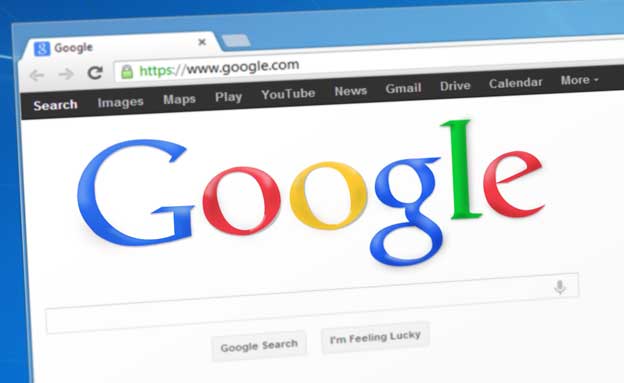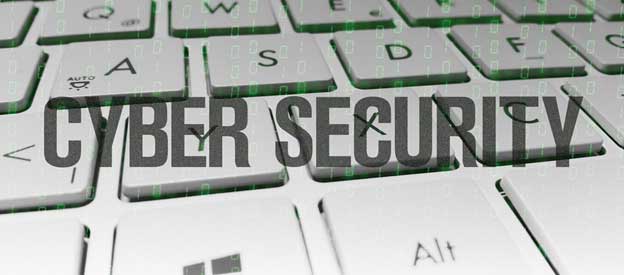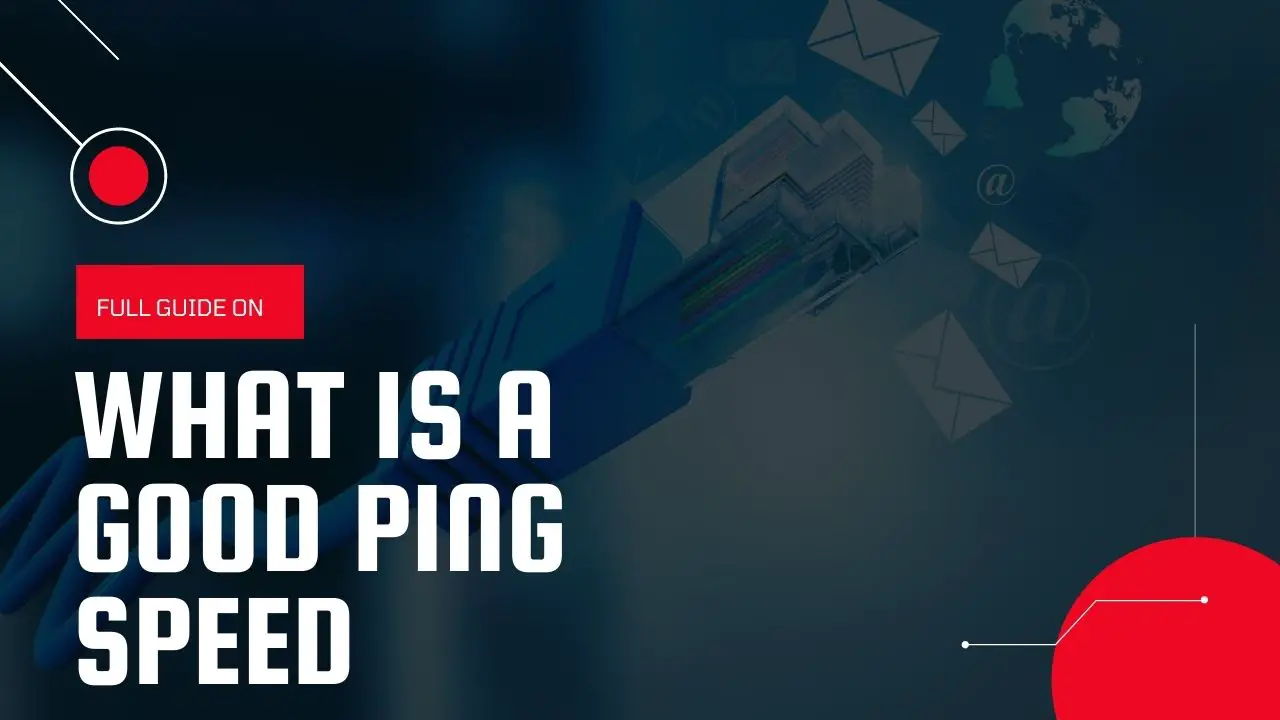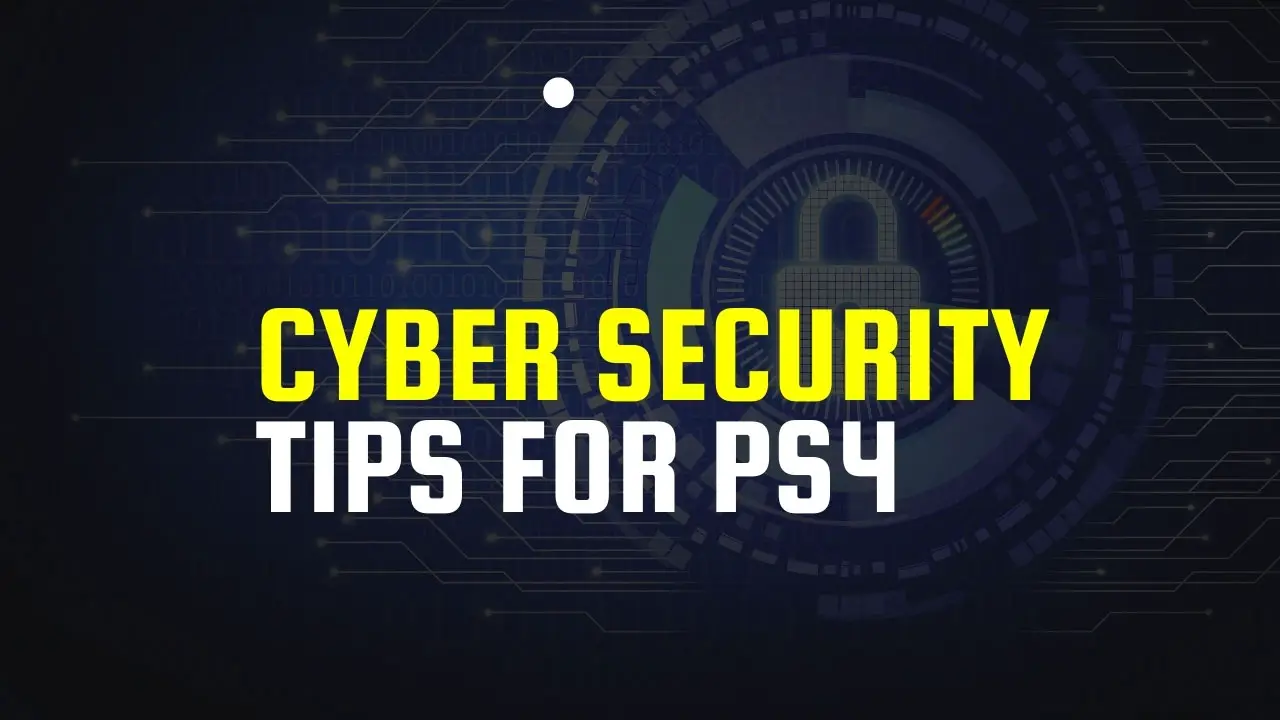
Tips to Protect Your Privacy Online

With all of the time you choose to spend online, you need to be cautious about how much of your private information is online and vulnerable to theft or misuse. Online privacy is something that everyone needs to worry about in order to keep the hackers away and all of your information safe.
The good news is there are steps you can take to ensure your privacy is protected, including your personal and financial information, no matter where you search online. Some of the steps you should take include:
Limit What You Share on Social Media
Oversharing on social media is one of the worst things that you can do to protect your information. Adding a lot of personal information there can make it easier for a cybercriminal to obtain your information, which they can then use to access financial information. Simple information, like your mother’s maiden name could be a security question on a different account.
Many people share way too much information online. The Identity Theft Resource Center did a study in 2018 that found how 52% of respondents shared personal information on social media. 48% of respondents shared information about their children and 33% shared about their current location. And a whopping 42% shared about their travel plans during the year.
One of the first steps that you should take is to limit the sharing online. While you can share some information there, you need to be sparing with some of the personal information that you try to share with others. This may seem like a good idea, but a hacker is going to love looking at your profile to learn more.
Pick the Right Search Engine

Many people choose to work with Google as their main search engine. That is the one that often shows up on their computer and it is a well-known name, so they choose to use it. But this is not a requirement.
For the safety of your personal information, it may be a good idea to switch. Anonymous search engines are really becoming popular. These search engines will not collect or share any of your clicks or search history. These also work to block some of the ad trackers that try to follow you after visiting a website.
Add a VPN
One of the best things that you can do to help protect your privacy is to add a VPN to your computer. A VPN is simply a Virtual Private Network and it works as a service that will protect your data and all of your privacy online.
The point of using this is that it will keep you hidden online, making it harder for businesses and hackers to learn more about you. It will create a type of encrypted tunnel to keep you anonymous and can mask the IP address of your connection while you search online.
Without a VPN, almost anyone is able to track where you have been and which websites you like to visit. This is valuable information for businesses and hackers alike, but may not be information that you want to share. Consult a list of trusted VPN providers and can keep everything hidden and make sure that no one is able to see your online search history.
Be Careful Where You are Clicking
You need to be careful about which websites you decide to click on. Hackers can compromise your online privacy with the help of phishing. In phishing, the scammer will try to trick someone into providing personal and financial information. This can often be in the form of fake emails that look like they come from your bank or a financial institution.
In these emails, you may see a link and be told that you need to click on it and verify all of your financial information to keep your account open. These are all fake and will often take you to a spoofed web page. While the webpage may look similar to the one your bank uses, it is fake and the moment you add in the information, the hacker will receive it.
Before you decide to click on a link that seems suspicious to you, you will need to hover the cursor over the link. This helps you to view the destination URL. If this does not match the website you use for that financial institution, this is a good sign it is phishing so do not click. If you do click on it, then say goodbye to all of your personal and financial information.
Use the Right Antivirus Software

Never use your computer or do any kind of search online without good antivirus software to help you out. This is one of the best types of software to use because it will keep the viruses and other bad stuff off the computer. The good news is there are a lot of different antivirus programs you can choose from, but go with one that has a lot of extra protection.
This is also one of the tools that you can use to keep hackers from taking over your computer remotely. If the hacker is able to get that remote access, they will be able to track your location, get to your financial and personal information, and cause all of the problems that they want.
Choosing good antivirus software can help to prevent this. But once the software is installed on your computer, it is important to not forget about it. Do an update on occasion to help make sure the software will provide a defense against the latest in viruses, spyware, and malware. Your goal is to install the updates as soon as they are available.
Keeping Your Identity Safe Online
If you spend a lot of time online, it is important to keep your personal information as safe as possible. It can be so easy to share some of the information without realizing it. By following some of the simple steps above to make sure that your personal and financial information is always safe online.
![8 Proven Tips to Boost Your Internet on PC for Gaming [2024] 8 Proven Tips to Boost Your Internet on PC for Gaming [2024]](https://cdn-0.technicalexplore.com/wp-content/uploads/Tips-to-boost-internet-for-gaming-on-PC.jpg)





![How to Convert MOV to MP3 on Computer in 2024 [Online & Offline] How to Convert MOV to MP3 on Computer in 2024 [Online & Offline]](https://cdn-0.technicalexplore.com/wp-content/uploads/word-image-127.jpeg)
